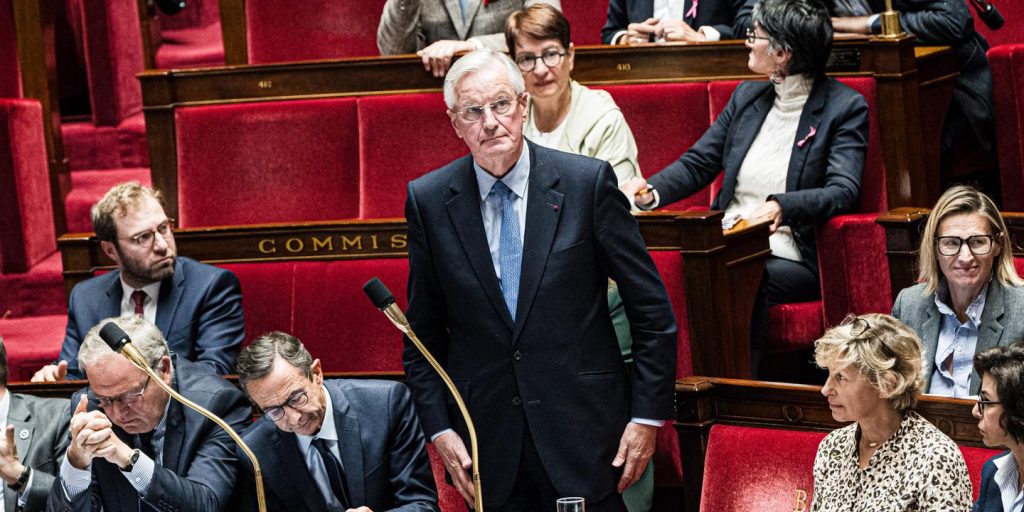François Bayrou, the President of the Democratic Movement (MoDem) and an ally of President Emmanuel Macron’s government, expressed his surprise at members within the Macronist camp criticizing the government’s budget proposal. He defended the government’s budget as being necessary to correct the shortcomings of the previous majority’s policies. Bayrou highlighted the irony of members of the former majority now criticizing efforts to fix their own legacy.
Bayrou specifically called out Gabriel Attal, the President of the Macronist group Ensemble pour la République (EPR) in the National Assembly, and former Interior Minister Gérald Darmanin for their opposition to any tax increases. He emphasized the importance of the Parliament as a place for discussion, negotiation, and compromise. Bayrou encouraged those who disagree with the proposed budget to suggest amendments instead of simply critiquing the government’s efforts.
The delicate balance of the coalition government led by Prime Minister Michel Barnier has faced criticism and division from within, with conflicting opinions on how to address budgetary issues. Bayrou’s comments highlight the challenges faced by the government in trying to implement necessary reforms while managing differing views within the coalition. The government’s efforts to correct the economic impact of the previous majority’s policies have faced resistance from some members within the Macronist camp.
The disagreement within the ruling coalition reflects broader tensions in French politics, as various parties and factions navigate the complexities of governance and policy-making. The push and pull between different political ideologies and interests can create obstacles to effective governance and decision-making. Bayrou’s call for constructive dialogue and amendment proposals underscores the need for cooperation and compromise among political actors in order to move forward with necessary reforms.
Bayrou’s remarks also serve as a reminder of the challenges inherent in coalition governments, where various parties with differing priorities and perspectives must work together to achieve common goals. The delicate balancing act required to maintain unity and coherence within a coalition can be complicated by internal disagreements and conflicting agendas. Bayrou’s defense of the government’s budget proposal as a necessary correction to past policies reflects the ongoing struggle to address economic and social issues while navigating political divides.
In conclusion, François Bayrou’s comments on the criticism of the government’s budget proposal within the Macronist camp highlight the complexities and challenges of coalition politics in France. The need for cooperation, dialogue, and compromise is essential for effective governance and policy-making, particularly in a coalition government where divergent views and interests must be reconciled. Bayrou’s defense of the budget as a necessary correction to past policies underscores the government’s efforts to address economic challenges while managing internal divisions. The political landscape in France remains dynamic and unpredictable, with ongoing debates and negotiations shaping the direction of policy and governance.















